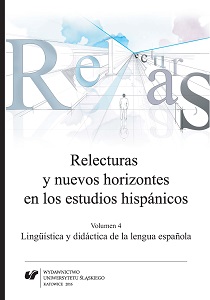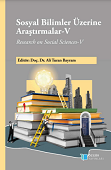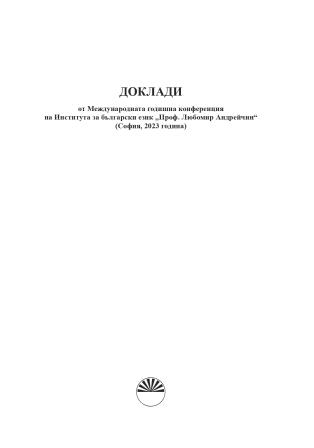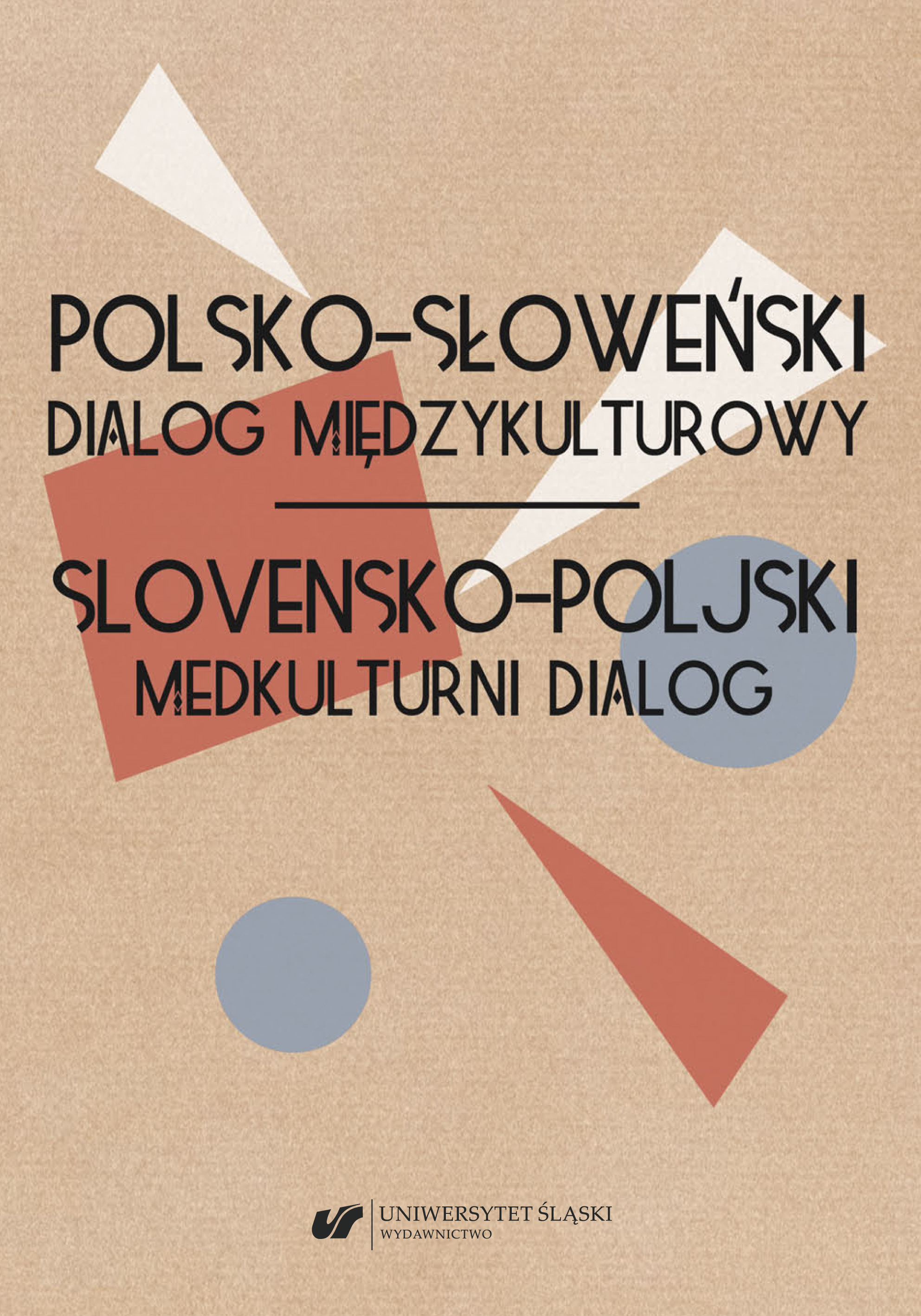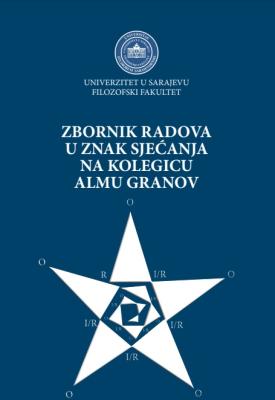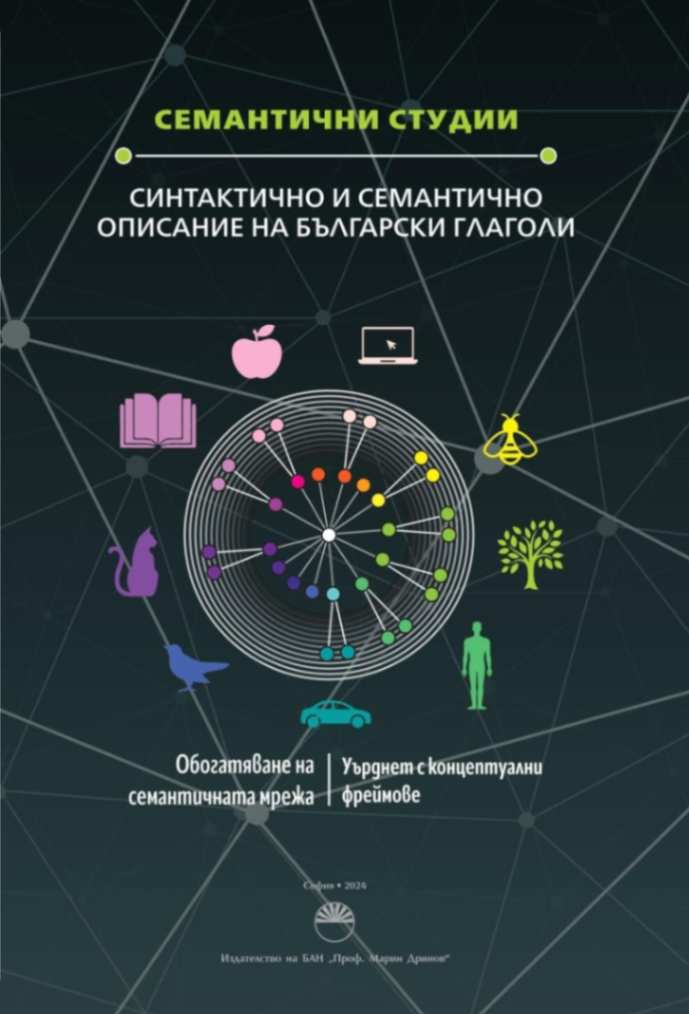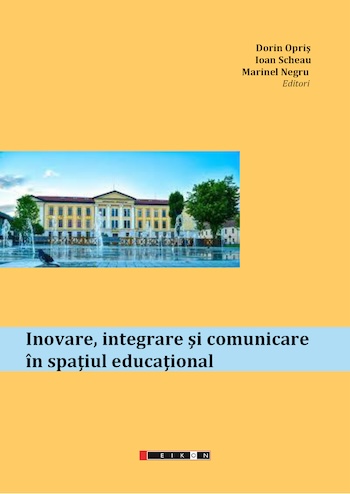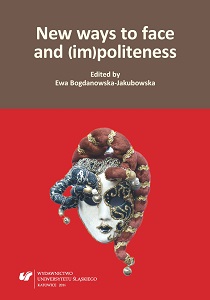
Face and politeness in Irish English opinions – a study amongst Polish and Irish students
Epistemologically, an opinion is different from a fact. However, emotionally, that difference can be more blurry. In a study of exchanges of opinions among Polish and Irish English speakers those emotional attachments to opinions on the one hand, and the importance of facts on the other, become apparent. These differences can cause conflict in intercultural communication. While Poles are believed to express opinions which are “dogmatic” (Wierzbicka, 1985), English opinions tend to be stated so that they are clearly distinguishable from a statement of fact (Mullan, 2010). This study aimed, firstly, to describe the politeness characteristics of the speech act set of exchanging opinions in two linguistic groups: Polish-Irish and Irish-Irish interactions in English. Secondly, it examined issues of socio-pragmatic principles of expressing opinions in Ireland. Discourse data was gathered in six open role-plays, which were followed by focus groups exploring the issues of sociocultural constraints in expressing opinions. The results point towards a difference in cultural scripts (Wierzbicka, 1994) for opinions in the two linguistic groups; confirm previous classifications of Polish and Irish cultures as favouring positive and negative politeness respectively; and provide an insight into the affective side of exchanging opinions.
More...

